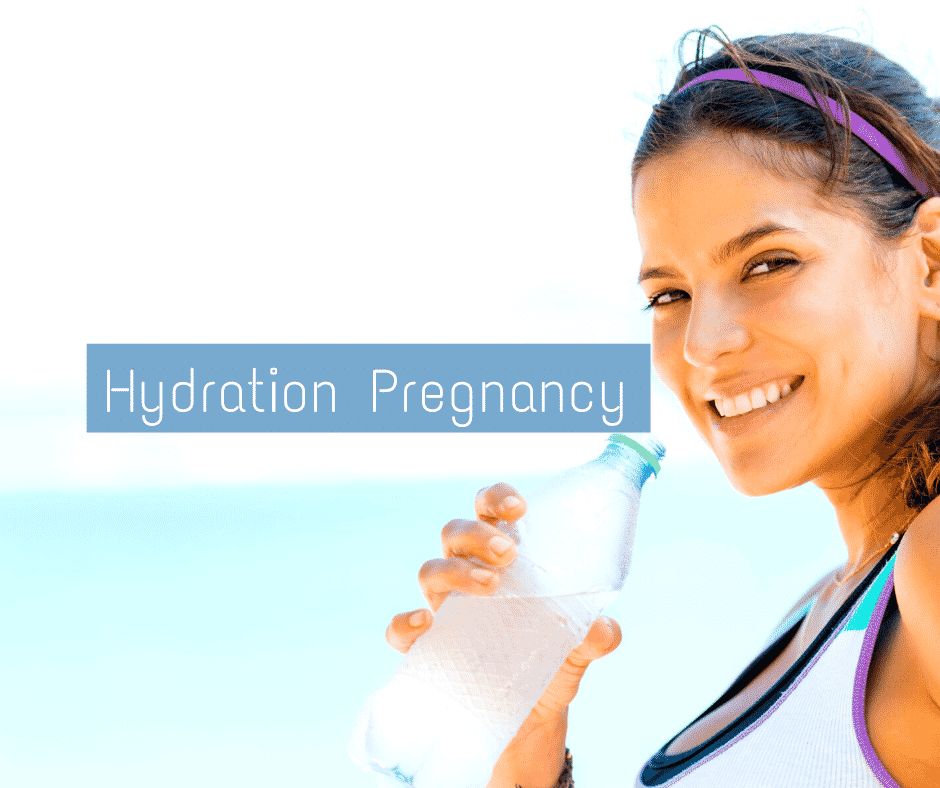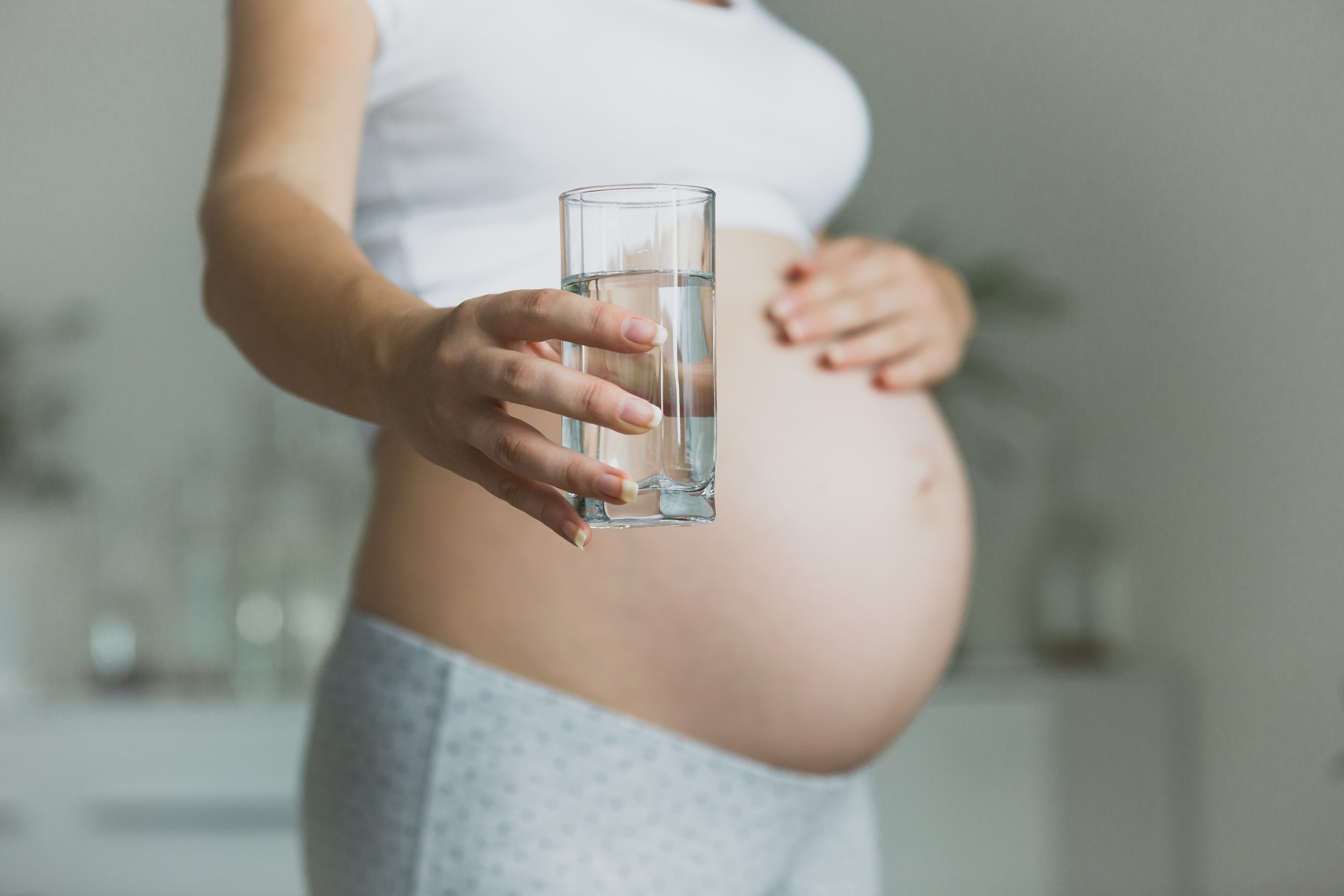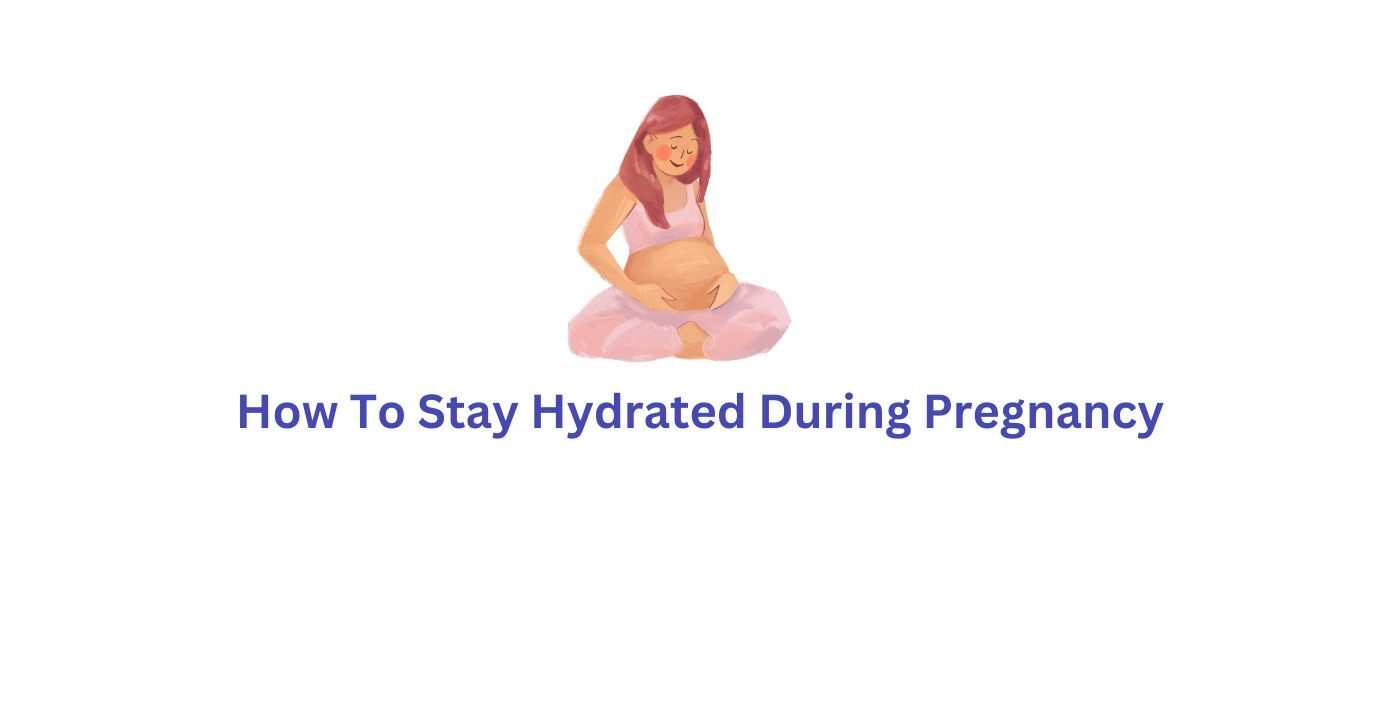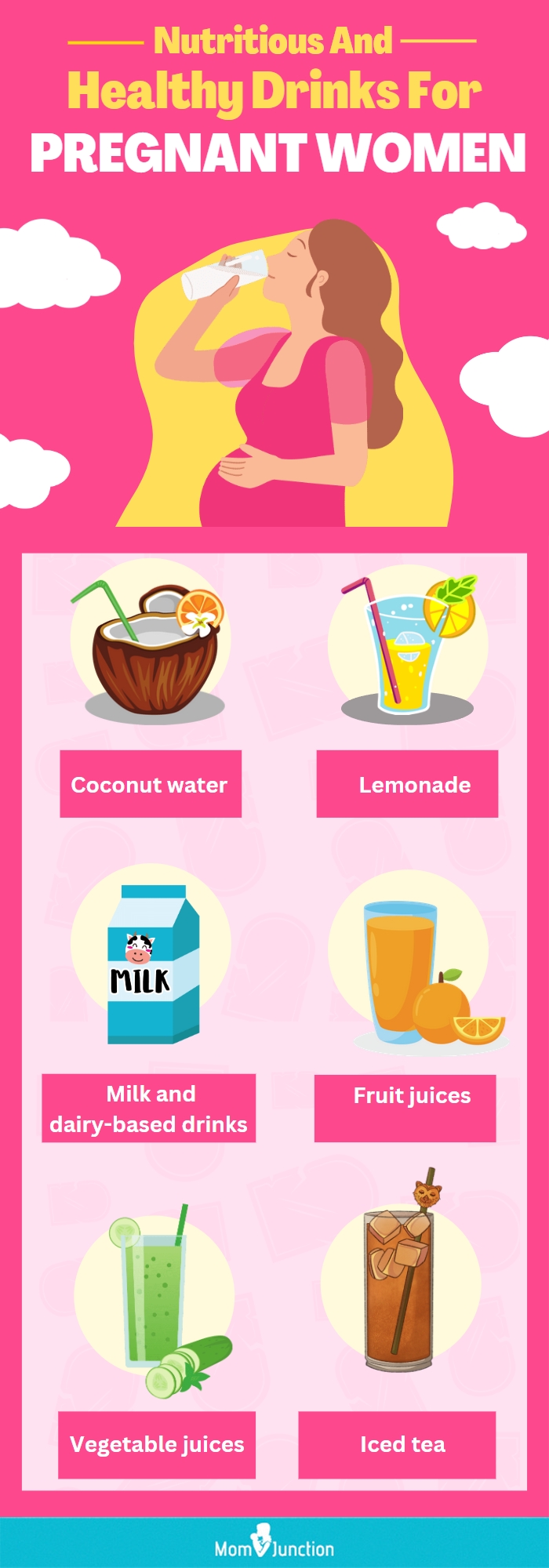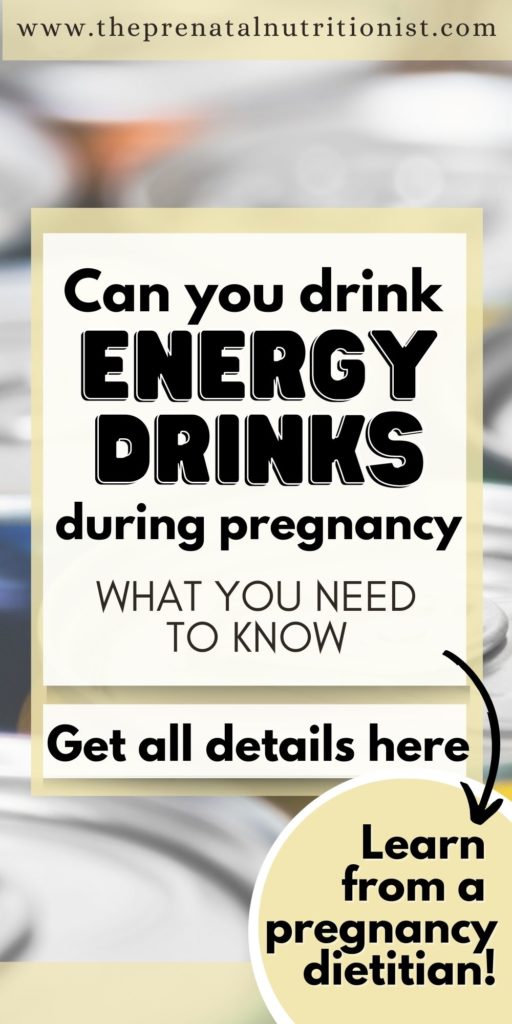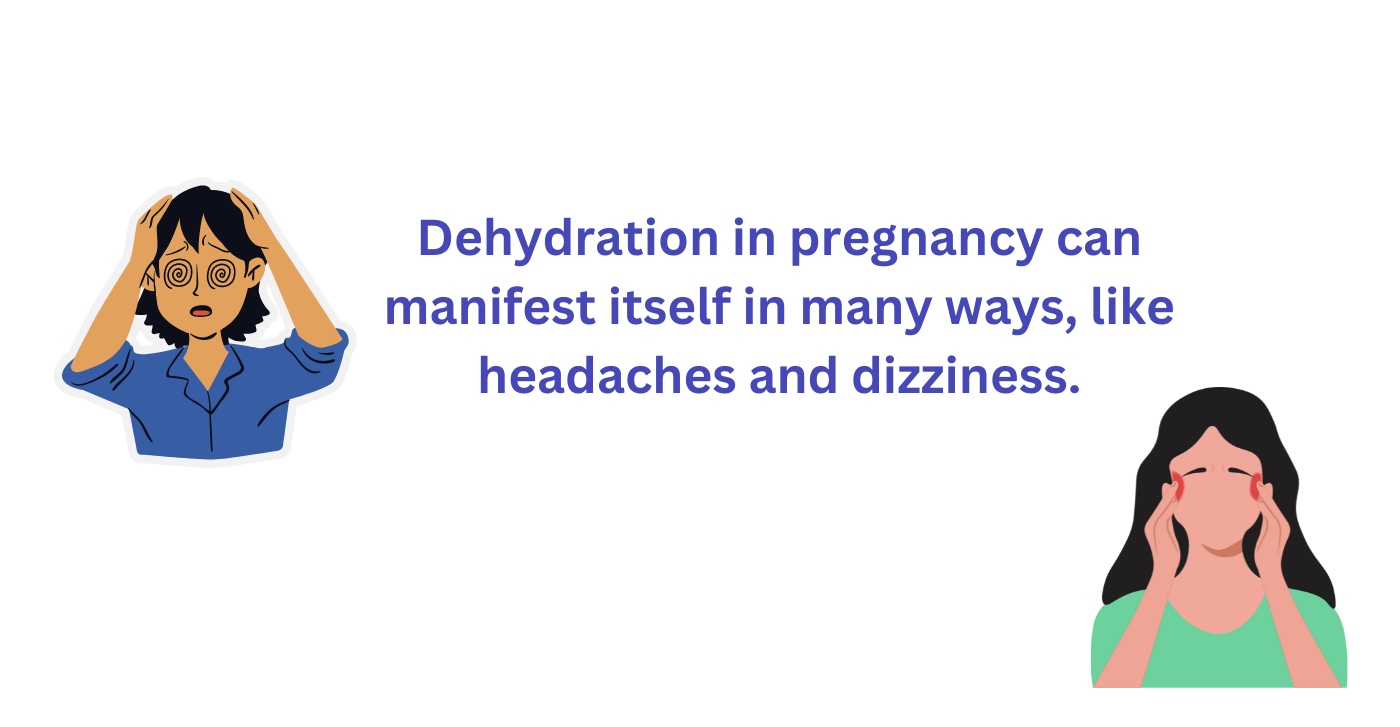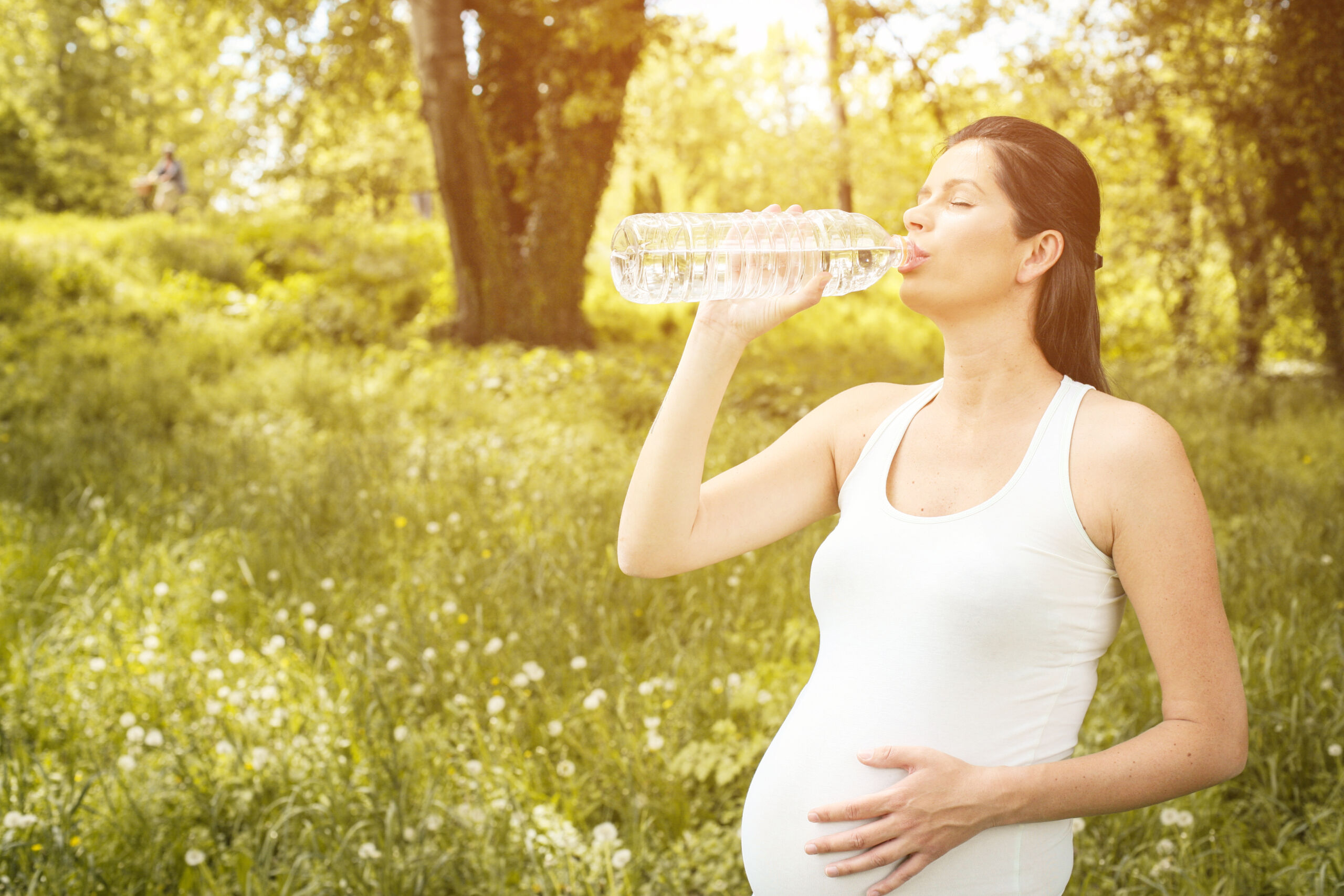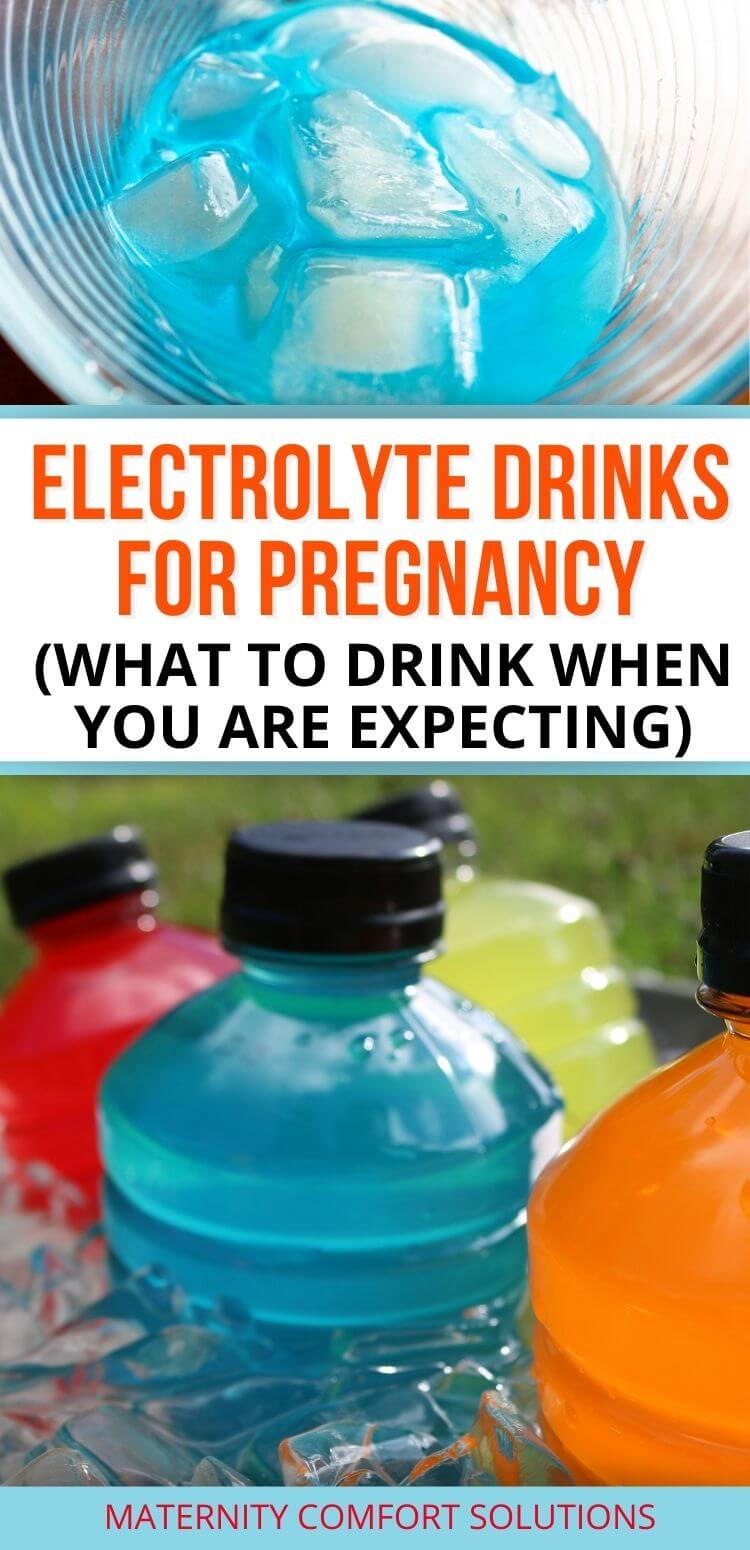Can You Drink Prime Hydration While Pregnant
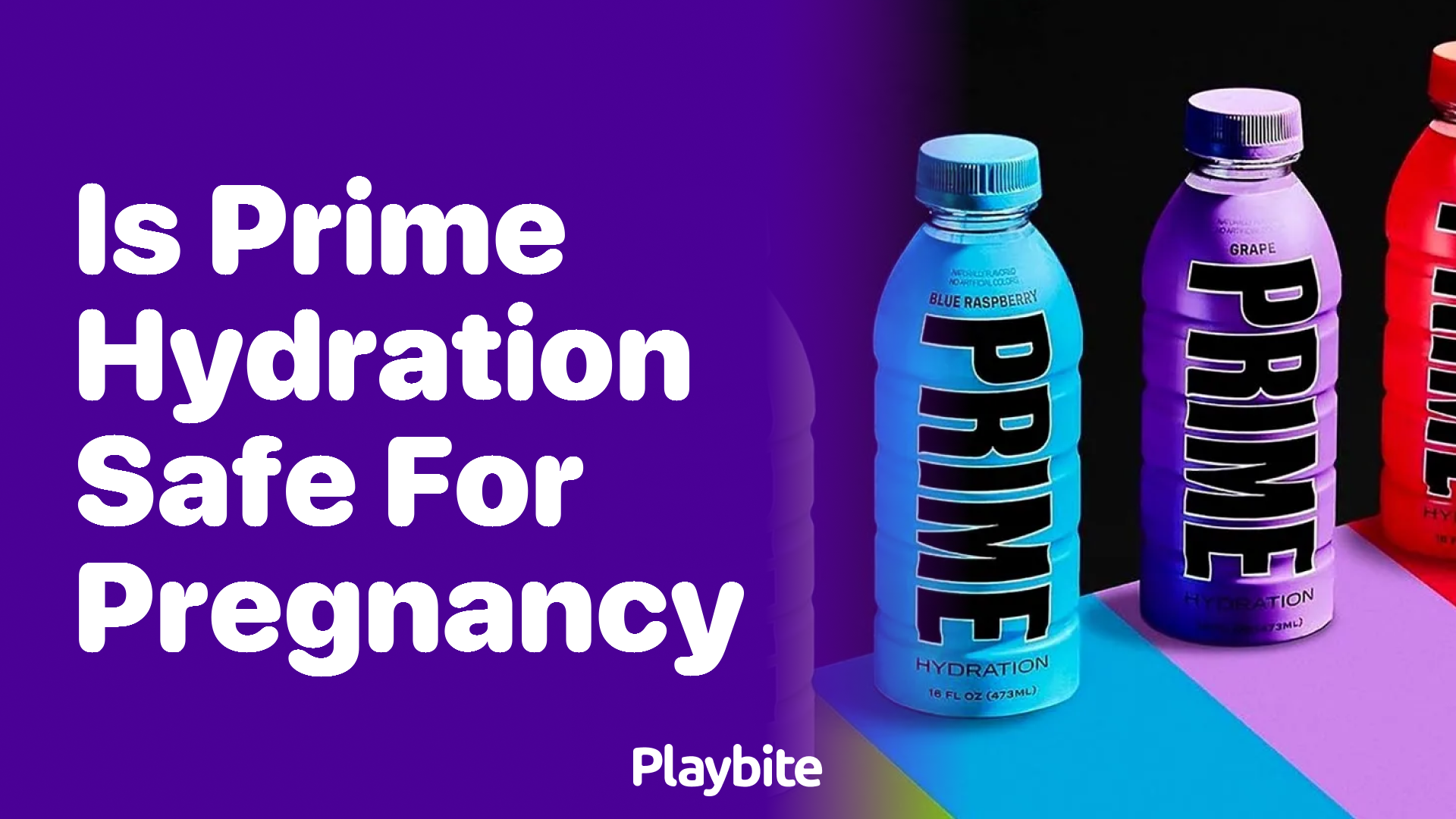
Pregnant women are urgently seeking clarity: Is Prime Hydration safe during pregnancy? The popular sports drink's ingredients have sparked concern, leading to questions about potential risks to both mother and child.
This article cuts through the noise, providing a concise breakdown of expert opinions and available data on Prime Hydration's suitability for pregnant individuals, addressing growing anxieties surrounding its consumption.
The Core Ingredients: What's in Prime Hydration?
Prime Hydration typically includes water, electrolytes (such as sodium and potassium), vitamins, and artificial sweeteners like sucralose or acesulfame potassium.
Some formulations may contain branched-chain amino acids (BCAAs). It is crucial to review the specific label for the exact ingredients and their concentrations.
Electrolytes and Pregnancy
Electrolytes are essential for maintaining fluid balance, nerve function, and muscle contractions, all crucial during pregnancy.
While electrolytes are generally safe, excessive intake, particularly of sodium, can lead to fluid retention and potentially raise blood pressure. Pregnant women should consult with their healthcare provider before significantly increasing their electrolyte intake.
Artificial Sweeteners: A Cause for Concern?
The presence of artificial sweeteners in Prime Hydration is a primary concern for many pregnant women. The safety of artificial sweeteners during pregnancy is a topic of ongoing debate within the scientific community.
Sucralose, commonly found in these drinks, has been generally recognized as safe by the FDA in non-pregnant populations, but studies specifically focusing on its effects during pregnancy are limited. There is some research indicating that high consumption during pregnancy could be associated with altered gut microbiota in infants.
Acesulfame potassium is another artificial sweetener often found in these beverages. Data regarding its long-term effects, and in particular its effects on pregnancy, are not fully conclusive.
BCAAs: Weighing the Benefits and Risks
Some Prime Hydration variants contain BCAAs, which are amino acids that support muscle recovery.
While BCAAs are generally considered safe, there is limited research on their safety during pregnancy. Current recommendations suggest consulting with a doctor before consuming BCAA supplements or drinks containing BCAAs during pregnancy.
Expert Opinions and Guidelines
Many healthcare professionals recommend pregnant women prioritize water, milk, and natural fruit juices for hydration. These sources provide essential nutrients without artificial additives.
Dr. Emily Carter, a leading OB/GYN, advises, "Pregnant women should be cautious about consuming products with artificial sweeteners and excessive electrolytes. Prioritize whole, unprocessed foods and consult with your doctor about your specific hydration needs."
The American College of Obstetricians and Gynecologists (ACOG) suggests avoiding excessive intake of artificial sweeteners during pregnancy, emphasizing the importance of a balanced diet and adequate hydration through natural sources.
The Verdict: Proceed with Caution
Due to the presence of artificial sweeteners and limited research on the effects of BCAAs during pregnancy, Prime Hydration should be consumed with caution, if at all.
The potential risks associated with these ingredients warrant a thorough discussion with a healthcare provider before incorporating Prime Hydration into a pregnancy diet.
Who is most at risk?
The greatest risk lies in regular, high-volume consumption of Prime Hydration during pregnancy. Women with pre-existing conditions such as gestational diabetes or hypertension may be particularly vulnerable to the potential adverse effects of artificial sweeteners and electrolyte imbalances.
Teenage mothers, whose bodies are still developing, may also be at a higher risk.
Where can pregnant women find safe alternatives?
Safe alternatives to Prime Hydration include water, coconut water (in moderation), and homemade electrolyte solutions with natural ingredients. You can find many alternative recipes online.
Infusions of fruit and herbs into water can also provide enhanced taste and hydration.
How Can You Ensure Safety?
The most important step is to consult with your doctor or a registered dietitian. They can assess your individual needs and provide tailored recommendations based on your health history and pregnancy status.
Carefully read product labels and understand the ingredients before consumption. Always err on the side of caution when it comes to your health and the health of your baby.
Next Steps and Ongoing Developments
Further research is needed to fully understand the long-term effects of artificial sweeteners and BCAAs on pregnancy outcomes.
Pregnant women are encouraged to report any adverse reactions they suspect are related to Prime Hydration to their healthcare provider and relevant regulatory agencies.
This remains a developing area, and updated guidelines from organizations like ACOG and the FDA should be monitored for the latest recommendations.
